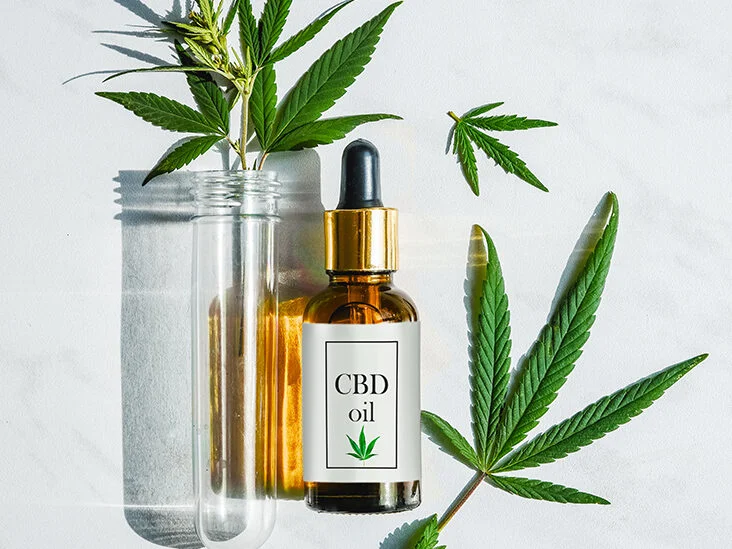Introduction
CBD (cannabidiol) has gained significant popularity in recent years for its potential health benefits. However, the legal status of CBD can vary from state to state in the United States. This comprehensive guide will provide an overview of the legal landscape of CBD in each state as of 2020. By understanding the legality of CBD in your state, you can ensure compliance with local regulations and make informed decisions about purchasing and using CBD products.
Table of Contents
Understanding CBD and Hemp Laws
- Differentiating CBD and THC
- The 2018 Farm Bill and Hemp Legalization
- Federal vs. State Laws
CBD Legalization: State-by-State Analysis
- Overview of CBD Laws in All 50 States
- Categories of CBD Legality: Legal, Restricted, and Prohibited
States with Legalized CBD
- States with No Restrictions on CBD Products
- Requirements for CBD Products in Legal States
States with Restricted CBD Laws
- States with Specific Limitations or Conditions for CBD
- Medical Marijuana Programs and CBD Access
States with CBD Prohibition
- States with Strict CBD Prohibition
- Legal Considerations for Traveling with CBD
Navigating the Complexities: Considerations for Consumers
- Understanding State Laws and Regulations
- Verifying CBD Product Quality and Safety
- Consulting Legal Professionals for Specific Cases
Updates and Changes to CBD Laws
- Potential Legislative Changes
- Monitoring State Regulations
- Conclusion
Conclusion
CBD’s legal status in the United States is a complex and evolving topic. As of 2020, CBD’s legality varies from state to state, with some states having legalized CBD without restrictions, others imposing specific limitations, and a few maintaining strict CBD prohibition.
It is crucial for consumers to stay informed about the CBD laws in their respective states to ensure compliance and avoid legal issues. Additionally, consumers should prioritize product quality, safety, and transparency by purchasing CBD products from reputable brands that undergo third-party lab testing and adhere to industry standards.
As CBD laws continue to evolve, it is essential to remain updated on any changes or potential legislative developments. Consulting legal professionals can provide guidance tailored to specific situations, especially when dealing with complex legal issues surrounding CBD.
Remember, this guide serves as a general overview of CBD’s legal status in 2020 and is subject to change. Always refer to the most recent information from official state sources and consult legal professionals for accurate and up-to-date advice.
By understanding the legal landscape of CBD in your state, you can make informed decisions about CBD products, ensure compliance with local regulations, and safely enjoy the potential benefits of CBD.
CBD Legalization Challenges
Conflicting State and Federal Laws
While the 2018 Farm Bill legalized hemp-derived CBD at the federal level, some states have chosen to impose stricter regulations or maintain prohibition. This conflict between state and federal laws can create confusion and challenges for consumers, businesses, and law enforcement agencies.
Regulatory Variations
Even within states that have legalized CBD, there can be variations in the regulations and requirements for CBD products. These variations may include labeling, testing, licensing, or possession limits. It is important to familiarize yourself with the specific regulations in your state to ensure compliance.
Quality Control and Safety Concerns
The CBD industry is still relatively new and lacks comprehensive regulation. This can lead to inconsistencies in product quality, potency, and safety. Consumers must be vigilant in choosing reputable CBD brands that prioritize third-party lab testing and transparent manufacturing processes.
Interstate Commerce Challenges
Due to varying state regulations, the transportation and sale of CBD products across state lines can be challenging. It is crucial for businesses to navigate the complex legal landscape to ensure compliance and avoid legal issues.
Staying Informed and Advocating for Change
Monitoring Legislative Developments
CBD laws are subject to change as legislators and regulators adapt to the evolving industry. Stay updated on any proposed bills or changes to existing laws in your state. Engage with advocacy groups and organizations that support CBD legalization to stay informed and participate in the process.
Education and Awareness
Educating yourself and others about CBD and its potential benefits can help dispel misconceptions and promote informed discussions. Share accurate information about CBD with friends, family, and your community to foster a better understanding of its properties and potential.
Supporting Industry Standards and Regulation
As a consumer, supporting brands that prioritize quality control, transparency, and safety can contribute to the overall growth and legitimacy of the CBD industry. Look for companies that adhere to industry standards, undergo third-party testing, and provide clear product information.
Conclusion
Navigating the legal landscape of CBD can be complex due to the varying regulations across states. While the 2018 Farm Bill legalized hemp-derived CBD at the federal level, individual states have the authority to impose their own restrictions or prohibitions.
It is crucial for consumers, businesses, and law enforcement agencies to stay informed about the specific CBD laws in their state and understand the challenges and nuances associated with CBD legalization. Adhering to state regulations and choosing reputable CBD brands that prioritize quality and safety are essential steps to ensure compliance and protect consumer well-being.
By advocating for change, supporting industry standards, and promoting education and awareness, we can contribute to a more consistent and responsible CBD industry. Continued monitoring of legislative developments and engaging in discussions about CBD legalization can help shape future regulations that benefit consumers and the industry as a whole
Remember, this guide provides an overview of the CBD legal landscape as of the time of writing and is subject to change. Stay informed, consult legal professionals for specific advice, and advocate for responsible CBD use and legalization to support the growth and accessibility of this promising natural compound.
- What are the Best Delta 8 Gummies - July 24, 2023
- 3 Tasty Fall Recipes That Pair Perfectly With CBD - June 26, 2023
- What States Is CBD Legal In? (2020) - June 26, 2023

